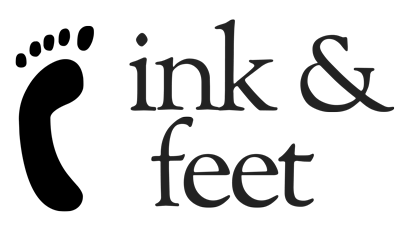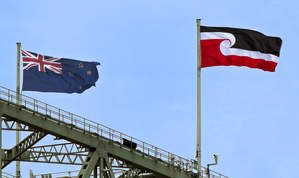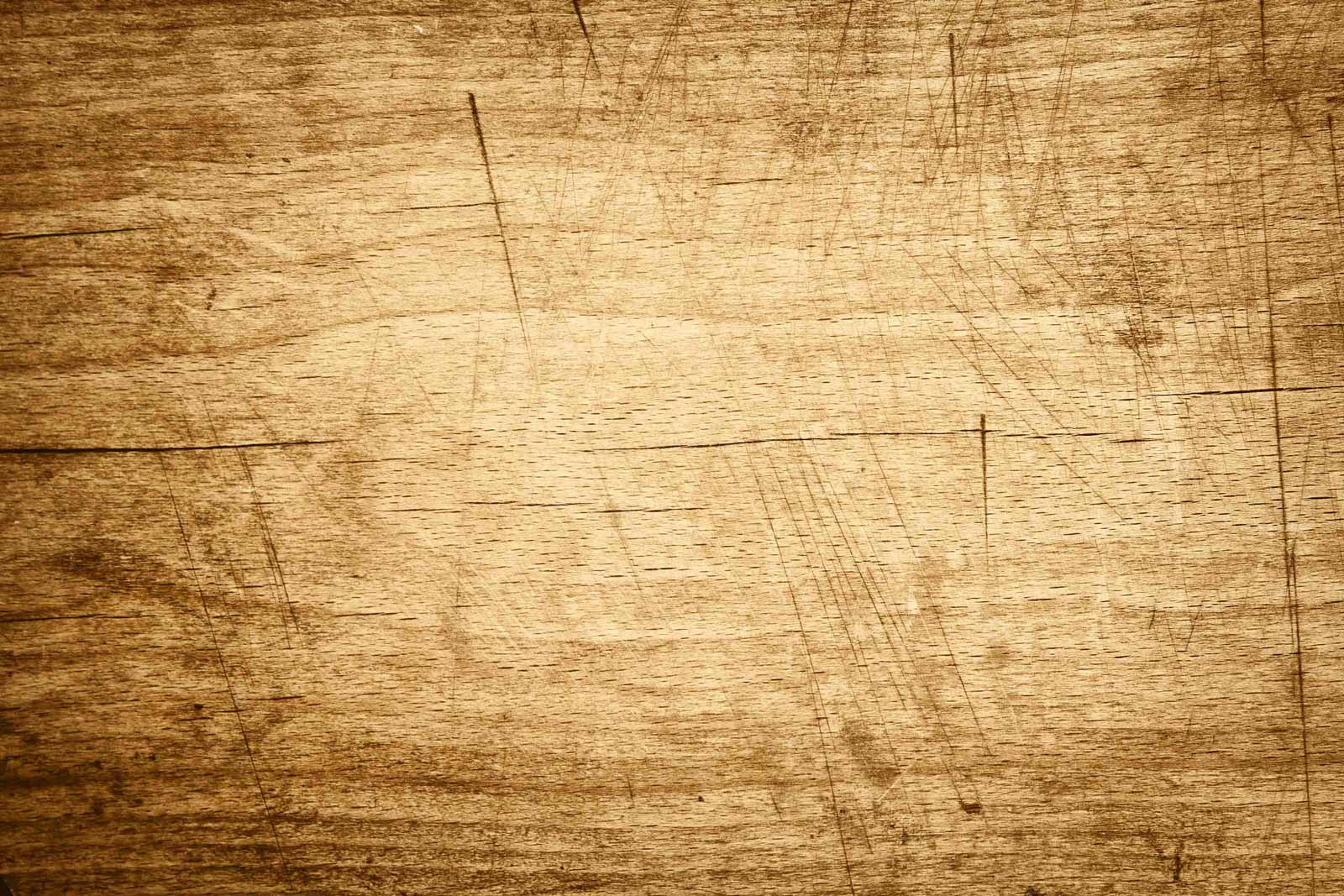
 Ink and Feet
Ink and Feet 

This past week, the streets outside my apartment here in Auckland have alternated between just two states: dead silent, or late-into-the-night partying.
The reason is that last Thursday was Waitangi day here, and most kiwis, seeing two holidays sandwiched in as many weeks right in the middle of summer toss up their hands, assume no real work will be done, and go on vacation. The young folks come to the city to party. Everyone else heads to a beach.
But a beach, wonderfully, is where this whole thing started.
New Zealand has a unique origin. Instead of a some founding articles or a revolution - it has a treaty.
Up in Waitangi, on that same Thursday in 1840, that treaty crafted a different sort of country, mutually governed by two distinct cultures - the Māori who had been here for 500 years, and the British who'd just started missionary settlements 25 years earlier.
At the time, the British saw New Zealand as a green land ripe for colonies, and wanted a way to send settlers and govern them, despite acknowledging Māori sovereignty over the land. The Māori reaction was mixed, as different tribes held different views. Some saw the British as invaders and colonialists. Others as a huge geopolitical force in the world - and knowing that they'd need to pick a side in the decades ahead, they did.
100 years later, on the Southern side of Auckland, a white obelisk was erected as a monument to commemorate the Māori people and culture who, it was expected, would soon be gone entirely.
But here's the thing.
When I looked out my apartment on Thursday onto the Auckland Bridge, I saw two flags flying. One was the dull blue New Zealand flag we've all been confused on whether or not it was Australian. But the other was bold. Black, white, red. Sharp against the blue sky.
That flag started flying 10 years ago, because the people who signed that treaty 180 years ago did not die off. They're very much still here, and thanks to activists and work throughout the 1970's, 1980's, and 1990's, Te Reo, the Māori language, is more spoken and used today than it's been in a hundred years.
The treaty signed all those years ago still matters today because it wasn't a capitulation of one side to another, but an agreement between equals. And with it, the New Zealand government has had a responsibility to uphold its terms. (Side note: if you'd like the long and fascinating version, here's a great piece over at NZ Geo.)
All across the world, colonialism has played out in very similar stories. People were there, some European power showed up and took their land. A century or more later, some of those people eventually got their independence back after the colonizing power waned, they fought a war, or the society realized that maybe colonialism wasn't a great thing to do. Others still haven't.
But here in New Zealand, looking out at those flags, I'm reminded that's never been the script here. That this particular story of human expansion, tucked away in a pocket of the world, doesn't go like the rest of them.
And that is a wonderful thing to witness.
Have a connected week,
-Steven
p.s. The best thing I saw all week was this video about dripping faucets. And neurons. And fractal sets. And population growth. And the equation that connects them all.
